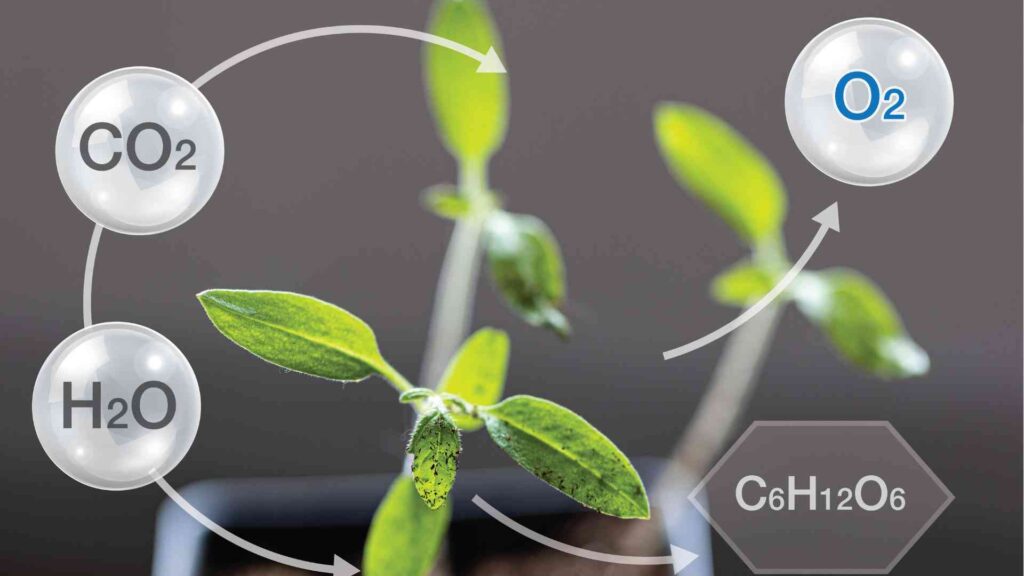Discover comprehensive information for all aspects of sexual health and find resources and guidance to empower your sexual well-being.
The pelvic floor muscles are the unsung heroes of our body’s core, providing support to…
Discover comprehensive information for all aspects of sexual health and find resources and guidance to empower your sexual well-being.
The pelvic floor muscles are the unsung heroes of our body’s core, providing support to…
Erectile dysfunction (ED) means having trouble getting or keeping an erection that’s good enough for…
Achieving and maintaining a strong penile erection is a common concern for many men. It…
Erectile dysfunction (ED) is a common condition affecting men, often characterized by the inability to…
Erectile dysfunction (ED) is a condition that affects many men worldwide, leading to significant stress,…
Sleep-related painful erection (SRPE) is a rare condition where people get painful erections while they’re…
Commitment issues can often manifest in romantic relationships, work, and other personal or professional spheres.…
Many people associate metabolism with food and drink, or those complicated diagrams showing thousands of connections. But knowing about metabolism is crucial for understanding life. Biochemists have been fascinated by this subject for over 150 years.
Table of Contents
ToggleMetabolism aims to map out all the reactions that turn the food we eat into the energy our bodies use, and then into the waste products we expel.
The term comes from the Greek word “metabolē,” which means ‘to change.’ It includes all the chemical reactions that happen in cells, which are necessary for life.
The chemical reactions involve both building up and breaking down complex macromolecules and can be categorized into two processes: catabolism and anabolism.
It refers to the breakdown of complex macromolecules (like carbohydrates and proteins) into simpler molecules like carbon dioxide, water, and ammonia.
It involves biosynthetic pathways that create complex macromolecules such as nucleic acids, proteins, polysaccharides, and lipids.
Metabolism is structured into specific pathways to either maximize energy capture or minimize energy usage. In catabolism, pathways are arranged so that energy is released slowly in small units. In anabolism, these small units of energy are used to do work, such as building biomolecules.
Organisms are divided into two main categories: heterotrophs and autotrophs.

This comes from ‘auto’ meaning ‘self’ and ‘-trophs’ meaning ‘food’. They are the organisms that can make their own food using energy from sunlight and inorganic nutrients from their surroundings. They convert carbon into complex molecules. E.g. plants

These include most microorganisms and animal cells, which cannot produce their own food. Instead, they rely on consuming other organisms or their products for energy and growth. E.g. humans
Metabolism is crucial for humans because it’s what keeps our bodies functioning properly.
Here are a few key reasons why it is important:
Related: 10 Foods That Boost Metabolism
Metabolism is like a complex factory where all sorts of chemical reactions happen to break down the food you eat into smaller parts that your body can use for energy, growth, and repair. At the same time, it also helps build up the things your body needs, like muscles and bones.
References
Dr. Nishtha, a medical doctor holding both an MBBS and an MD in Biochemistry, possesses a profound passion for nutrition and wellness. Her personal journey, marked by significant struggles with physical and mental health, has endowed her with a unique empathy and insight into the challenges countless individuals face. Driven by her own experiences, she leverages her background to offer practical, evidence-backed guidance, empowering others on their paths to achieving holistic well-being. Dr. Nishtha truly believes in the interconnectedness of the mind and body. She emphasizes the significance of understanding this connection as a crucial stride toward attaining balance and happiness in life.

